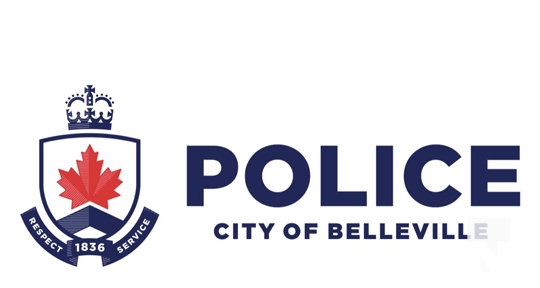The Belleville Police Service is urging the public to be safe online following a recent influx of sextortion reports involving youth.
Sextortion is a type of online child exploitation where a suspect convinces a victim to share private or sexual photos or videos, generally over social media. Once the suspect has the content, they often threaten to share it with the victim’s friends, family or school unless the victim sends money, gift cards or additional content.
Parents are encouraged to have ongoing open conversations with their children about internet safety and the risks of sharing private content online.
How to Stay Safe Online:
· Be cautious when communicating with unknown persons online. If you don’t know the person in real life, you cannot confirm who they are on the other end.
· Never share intimate images or videos, even if you think you can trust the person.
· Be aware that any livestream can be surreptitiously recorded.
· Review and adjust your privacy settings on social media platforms to limit who can view your content and who can contact you.
· Do not store sensitive images or content on your devices or cloud accounts.
· Always trust your instincts. If something feels off, stop the conversation immediately.
If You Are a Victim:
· Do not engage further with the suspect and do not comply with demands to send money or additional content.
· If possible, save all messages, usernames and any other potential evidence.
· Report the incident online at CyberTip.ca or contact police.
· If you aren’t comfortable speaking to a parent or police, online resources like NeedHelpNow.ca can provide guidance and support without police involvement.
· Contact Belleville Police at 613-966-0882 to report suspicious online activity or
9-1-1 in an emergency.
For online safety resources and more information, visit the Internet Safety Tips page on the Belleville Police Service website.
Concerned About Your Online Behavior?
There are resources available through the Centre for Addiction and Mental Health for those who have a sexual interest in children. The new Talking for Change program is the first of its kind in Canada and provides national and all-ages help for those concerned about their risk to use child sexual exploitation material or offend sexually against a child.






















